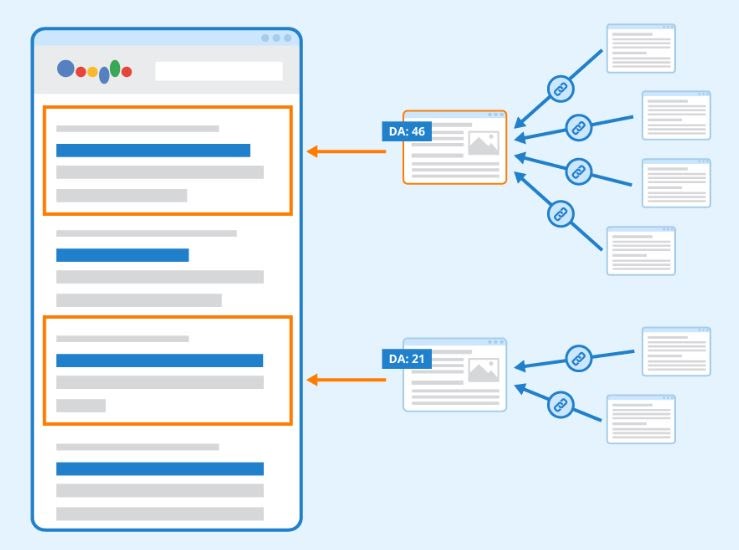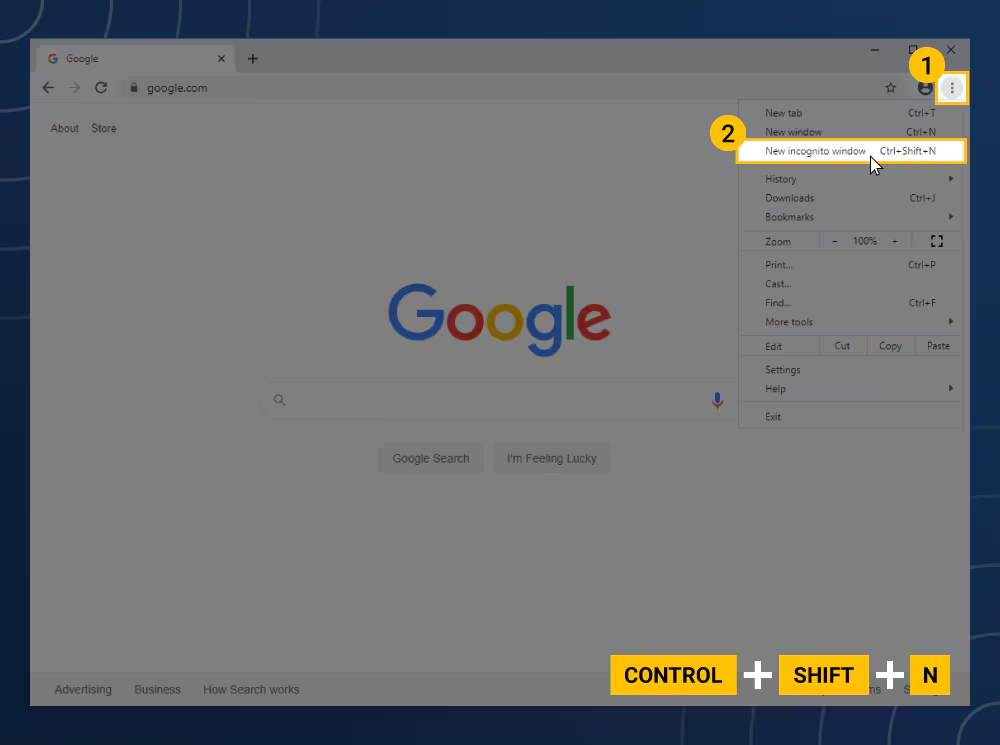1. Understand What Makes a Browser Secure and Private
Before diving into specific options, it's crucial to understand what defines a secure and private browser:- Encryption: Browsers should support HTTPS encryption, ensuring that your communication with websites is secure. Look for browsers that enforce HTTPS connections, like Firefox and Brave, through add-ons or built-in features.
- No Data Collection: Some browsers collect personal data for advertising purposes. Privacy-focused browsers, on the other hand, minimize or completely avoid tracking. Ensure the browser has a clear data policy that aligns with your needs.
- Open-source: Open-source browsers are often more trustworthy because their code is available for anyone to inspect, ensuring there are no hidden vulnerabilities or data collection mechanisms. Browsers like Tor and Brave fall into this category.
- Protection Against Trackers: Modern browsers come with tracking protection features to block trackers from websites. This prevents third parties from monitoring your online behavior across sites.
- Frequent Updates: Regular updates ensure that vulnerabilities are patched and that you're protected from the latest threats.
2. Consider Popular Privacy-Focused Browsers
Some browsers are built with privacy and security at their core. Here's a list of popular ones:- Tor Browser: Tor is one of the most secure browsers available. It encrypts your traffic and routes it through multiple servers, making it difficult for anyone to track your online activity. However, it can be slower than other browsers due to its heavy encryption and rerouting processes. Tor is excellent for anonymity but may not be practical for everyday use.
- Brave: Brave blocks ads and trackers by default, ensuring a faster and more private browsing experience. It’s open-source and allows you to view and manage how much data websites collect. Brave also has a Tor integration, offering even more privacy.
- Firefox: While not as privacy-focused by default as Brave or Tor, Firefox offers many privacy features and is highly customizable. With a range of add-ons, you can block ads, enhance security, and boost privacy settings. It also provides regular updates to address vulnerabilities.
- DuckDuckGo Privacy Browser: Known for its privacy-first search engine, DuckDuckGo offers a mobile browser that blocks trackers and provides a higher level of encryption.
3. Explore Additional Privacy Tools and Extensions
Beyond just choosing the right browser, you can enhance privacy and security by using additional tools and browser extensions:- VPNs (Virtual Private Networks): A VPN can provide an extra layer of privacy by masking your IP address and encrypting all your internet traffic. This makes it difficult for websites, advertisers, or cybercriminals to trace your online activities.
- Privacy-focused Search Engines: Even if your browser is private, the search engine you use may still collect data. DuckDuckGo and Startpage are search engines that don't track your search history or collect personal data.
- Ad Blockers: Extensions like uBlock Origin or Adblock Plus not only block intrusive ads but also prevent many tracking scripts from running in the background.
- HTTPS Everywhere: This is a browser extension that ensures websites use HTTPS instead of the less secure HTTP. Many browsers, like Firefox and Brave, already have this feature built-in, but it’s worth adding if you use a browser without automatic HTTPS.
- Cookie Blockers and Managers: Cookies can be used to track your behavior across websites. Tools like Privacy Badger and Cookie AutoDelete help manage or block cookies that collect information on your activity.
4. Disable or Manage JavaScript
While JavaScript is essential for many website features, it’s also used to track users or deliver malware. Privacy-focused users often disable JavaScript for non-trusted sites or use extensions like NoScript to allow it only on sites they trust. This approach can improve security but may break functionality on some websites.5. Stay Aware of Potential Threats
Even with secure browsing tools, staying vigilant is key to maintaining your privacy and security online. Be aware of the following:- Phishing Attacks: No browser can fully protect you from social engineering tactics. Avoid clicking on suspicious links or emails, and always verify the authenticity of websites before entering personal information.
- Browser Fingerprinting: Websites can track you using browser fingerprinting techniques, which collect information about your browser settings, plugins, and other unique attributes. Using privacy-focused tools or disabling unnecessary browser features can reduce the chance of being fingerprinted.
- Cookies and Cache: Clear your cookies and cache regularly to avoid leaving traces of your browsing history. Most browsers offer the option to automatically delete cookies when you close a session.
6. Test Your Setup for Privacy Leaks
Once you've set up your browser for secure and private browsing, you can test it for potential privacy leaks using online tools. Websites like Panopticlick (provided by the Electronic Frontier Foundation) can tell you how well your browser protects you from tracking and browser fingerprinting. Additionally, ipleak.net can help you test your browser’s privacy, particularly when using a VPN, to ensure your IP address and DNS queries aren’t leaking to websites.7. Keep Software and Extensions Updated
Privacy and security threats evolve rapidly, so keeping your browser, extensions, and operating system updated is crucial. Software updates include patches for security vulnerabilities, improving your overall protection. Consider enabling automatic updates whenever possible to ensure you don’t miss any critical updates.Conclusion
Finding a secure and private browsing solution requires a balance of using the right tools, understanding your personal privacy needs, and staying informed about the latest threats. By selecting a privacy-focused browser like Tor, Brave, or Firefox with essential add-ons like ad blockers and VPNs, you can significantly enhance your online privacy. Combine that with staying mindful of security threats, and you’ll have a solid foundation for protecting your data in today’s increasingly surveillance-heavy internet environment.1= https://checkwebsitedr.com/blogs/how-to-search-for-reliable-information-on-the-internet/
2= https://checkwebsitedr.com/blogs/how-to-search-for-secure-and-private-browsing-options/
3= https://checkwebsitedr.com/blogs/how-to-search-for-family-history-and-genealogy-records/
4= https://checkwebsitedr.com/blogs/how-to-search-for-competitors-and-analyze-their-strategies/
5= https://checkwebsitedr.com/blogs/how-to-search-for-job-openings-in-your-field-a-step-by-step-guide/
6= https://checkwebsitedr.com/blogs/how-to-search-for-healthy-recipes-that-fit-your-diet/
7= https://checkwebsitedr.com/blogs/how-to-search-for-and-apply-for-grants/
8= https://checkwebsitedr.com/blogs/how-to-search-for-the-right-keywords-for-your-blog/
9= https://checkwebsitedr.com/blogs/how-to-search-for-local-services-near-you/
10= https://checkwebsitedr.com/blogs/how-to-search-for-the-best-travel-deals-and-discounts/


